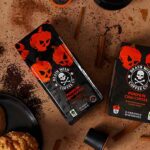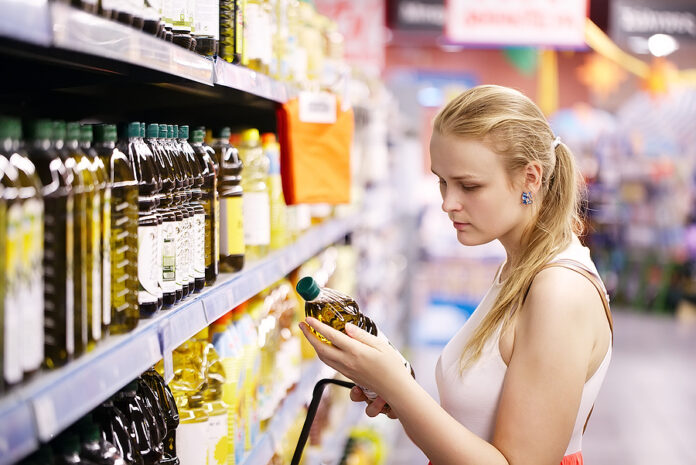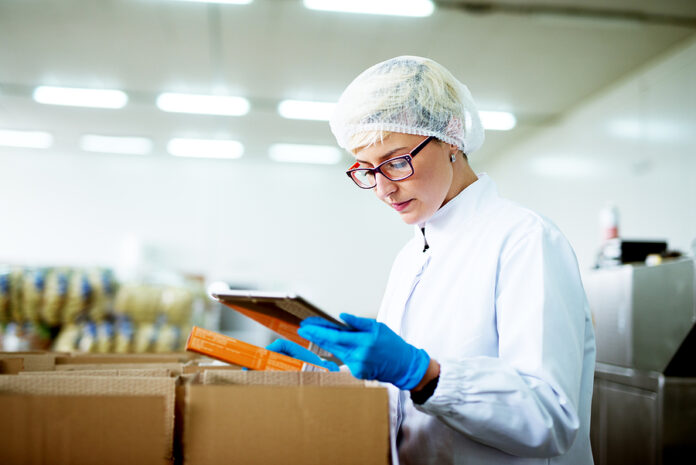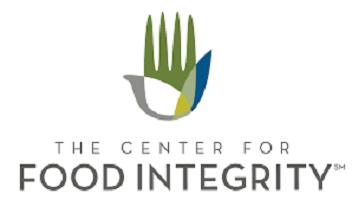
By Francine L. Shaw
In the fast-paced foodservice industry, prioritizing food safety has become a non-negotiable aspect of business operations. The imperative to safeguard consumer health, adhere to regulatory standards, and boost brand reputation has propelled a fundamental shift in food safety practices. Establishing a robust food safety culture is more than just good practice; it’s critical for success in an increasingly competitive market.
The numbers speak volumes: 48 million cases of foodborne illnesses impacting 1 in 6 Americans annually underscore the urgent need for a significant enhancement in food safety practices. A recent survey revealed that only 49% of companies have a formal food safety culture plan, shedding light on a critical gap that the food industry must promptly address.
The food industry must transform, adopting a food safety culture. Several key strategies and recommendations emerge as indispensable elements to spearhead this pivotal transformation. These include:
Thinking big picture: Creating a food safety culture transcends the documentation of policies. It necessitates ingraining food safety practices and beliefs into the organization’s ethos. Food safety culture is a set of shared values, beliefs, and standards that influence how everyone in the organization thinks and acts regarding food safety. Companies must foster a mindset that undeniably prioritizes food safety in their day-to-day operations to uphold consistency and diligence across all levels of the business.
Training and educating all staff: Continuous and all-encompassing training initiatives for all staff members lay the foundation for nurturing an effective food safety culture. By equipping employees with the proper knowledge and tools to uphold stringent safety protocols, businesses empower their workforce to champion food safety practices with a profound sense of responsibility and ownership.
Explaining the rationale: Educating employees on the rationale behind food safety protocols is vital for fostering a strong food safety culture. Understanding the “why” empowers employees to prioritize food safety, enhancing safety measures and promoting continuous improvement. This proactive approach strengthens overall safety practices and instills a culture of vigilance. Misinterpretations due to lack of understanding can damage consumer trust and the organization’s reputation. By educating employees on the reasons behind safety measures, businesses prevent potential risks and protect both customers and their brand image.
Leveraging technology: The FDA’s emphasis on leveraging smart technologies to reshape food safety underscores the importance of embracing technological advancements. Implementing cutting-edge technologies – such as AI, machine learning, and IoT – facilitates data-driven decision-making, transparency, and precision in food safety practices and enhances food safety culture. These revolutionary technologies can automate routine tasks, provide real-time data, and improve communication, elevating standards and ensuring the safety of food and consumers.
Enhancing safety with effective, eco-friendly sanitizers: Incorporating EPA-approved sanitizers and disinfectants like Hypochlorous acid (HOCL) presents a sustainable and potent solution for comprehensive sanitization in food settings. HOCL, an eco-friendly sanitizer, is a powerful disinfectant safe for humans, food, and the environment. HOCL stands out as a non-toxic, eco-friendly disinfectant that effectively combats various pathogens, including bacteria, viruses, and fungi. It’s 80-100x more effective than bleach, but still a no-rinse, food-safe solution that can even be used directly on ready-to-eat foods like fruits and vegetables. This choice streamlines operations by removing the need for rinsing, improving shelf life, cutting down water usage, and reducing labor costs, ultimately mitigating risks, lowering expenses, and boosting profitability.
Reducing spoilage and boosting safety: Additionally, using HOCL as a no-rinse sanitizer for produce, meat, poultry, and seafood prolongs the shelf-life of these perishable food items by effectively reducing bacteria and pathogens present on their surfaces. By effectively eliminating pathogens and contaminants, HOCL helps extend the shelf life of perishable goods and ensure their safety. The antimicrobial properties of HOCL help maintain the freshness and quality of fruits, vegetables, meat, poultry, and seafood by reducing the risk of spoilage and decay. HOCL helps enhance the safety and longevity of food products, minimizing waste and associated costs, improving sustainability, and boosting food safety.
Leading by example: Great leadership plays a pivotal role in creating a dynamic food safety culture. Leaders’ commitment, unwavering support, and adherence to high standards through consistent best practices inspire trust, respect, and accountability within your teams. Leadership’s actions set the tone for the entire organization, making everyone feel empowered and responsible for upholding food safety protocols and contributing to the success and safety of the business.
Recognizing and rewarding excellence: Acknowledging and incentivizing employees for their unwavering dedication to upholding food safety protocols is a formality and a powerful tool to foster a culture of excellence. Recognizing your team’s efforts boosts their morale and makes them feel valued and appreciated, reinforcing their commitment to food safety and their role in your organization’s success.
Integrating food safety into corporate values: Integrating food safety practices seamlessly into corporate values and promoting ongoing training, transparency, and comprehension of the rationale behind safety protocols are pivotal steps in reducing risks and building a culture of safety within the food industry.
Promoting a sustainable food safety culture demands continual improvement, resolute leadership involvement, and an unwavering commitment to accountability. Embracing these principles enables businesses to fortify their defenses against potential foodborne illness outbreaks, safeguard consumer health, and protect their brand reputation – plus, it’s the right thing to do.
 Francine L. Shaw is a food safety specialist, co-host of Don’t Eat Poop! A Food Safety Podcast, founder of Savvy Food Safety, co-founder of My Trusted Source, author of “Who Watches the Kitchen?”, and a successful entrepreneur, and speaker who spent 30+ years working in the foodservice industry. Her career has included performing services (operating partner, corporate/private trainer, health inspector, third party inspector, adjunct professor) in various sectors of the foodservice industry. She has written hundreds of articles for national trade magazines and appeared on Dr. Oz, the BBC World Series Radio, and iHeart Radio as a food safety expert.
Francine L. Shaw is a food safety specialist, co-host of Don’t Eat Poop! A Food Safety Podcast, founder of Savvy Food Safety, co-founder of My Trusted Source, author of “Who Watches the Kitchen?”, and a successful entrepreneur, and speaker who spent 30+ years working in the foodservice industry. Her career has included performing services (operating partner, corporate/private trainer, health inspector, third party inspector, adjunct professor) in various sectors of the foodservice industry. She has written hundreds of articles for national trade magazines and appeared on Dr. Oz, the BBC World Series Radio, and iHeart Radio as a food safety expert.

Credit: Source link













